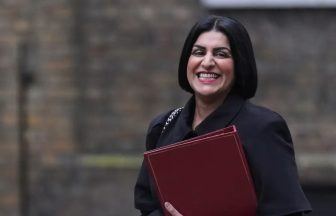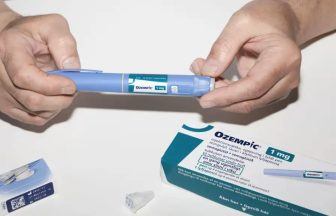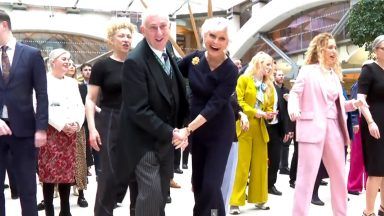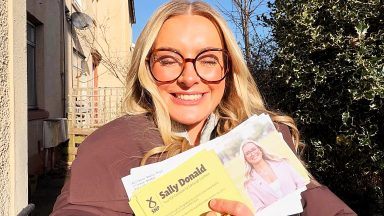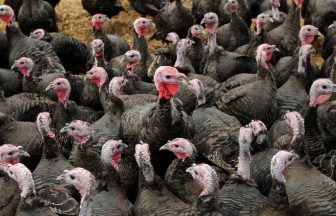Hospitality and tourism chiefs have spoken of the “brutal” conditions facing the sector – with MSPs told customers are resorting to sharing glasses of wine or bowls of soup in a bid to save cash.
Holyrood’s Economy Committee also heard concerns that staff could be bussed in from England to work at the planned new Center Parcs resort in the Scottish Borders if investment in the sector is not forthcoming.
Telling MSPs how pubs and restaurants are now “absolutely desperate to survive”, Marc Crothall, chief executive of the Scottish Tourism Alliance, said: “Guests come in and they share a glass of wine now, they are sharing a bowl of soup, because the visitor spend is actually being really compromised.”
He said the “the first half of this year was brutal” for the sector.
Mr Crothall said the situation for tourism in Scotland is “very, very challenging”, adding: “Certainly the number of visitors didn’t flow through at the levels we would have wanted to see.”
He said there had been a “significant decline in domestic tourists”, and that visitors from America had been “very much our saving grace”.
He said tourists from the US are “staying a little shorter”, in Scotland “but still spending, which is great”.
But the tourism boss added: “The harsh reality is that the bottom line for business today is very unhealthy in the majority of the businesses, particularly the hospitality sector.”
He said the increase in employer national insurance contributions (NICs) brought in by the UK Government had resulted in a “loss of jobs” for the industry, telling MSPs: “The impact is tough.”
Similarly, Leon Thompson, executive director of UKHospitality Scotland – which represents businesses such as hotels, bars, restaurants, cinemas and other visitor attractions – said “hospitality businesses are being completely squeezed from top to bottom at the moment”.
He described the hike in NICs as “a real hammer-blow for our businesses”, adding the sector is “haemorrhaging jobs”.
Mr Thompson said reversing this would help “stabilise” businesses, but also demanded “meaningful support” from the Scottish Government on business rates.
“At the moment it’s really difficult times out there for businesses,” he said.
“I was talking to one business that said they had made £600 profit in the last year. Others are making nothing at all and are simply haemorrhaging cash.”
David Hope-Jones, chief executive of the South of Scotland Destination Alliance, which represents businesses in the Scottish Borders and Dumfries and Galloway, told the committee businesses in the region are “suffering exactly the same challenges”.
He said: “Profitability is the number one challenge for hospitality right now. It is a punishingly hard trading space.”
He called for more investment in workforce development, warning without this jobs from the planned new Center Parcs holiday village in the Scottish Borders could go to people in England.
Mr Hope-Jones told the committee the planned development, which would be the holiday operator’s first site in Scotland, is a “fantastic prospective investment”.
The holiday village proposed by Center Parcs for outside Hawick could “bring in £400m of investment and create 1,200 jobs”, he said, describing this as “game-changing” for the local area, which has been hit by the decline of the textiles industry.
Mr Hope-Jones said as a result of Center Parcs, “towns that lost their mills will be transformed”, but he stressed this will only happen “if we get the workforce and skills right, otherwise they will be bussed in from other areas, potentially across the border”.
MSPs also heard concerns over plans in some areas to introduce a visitor levy – where councils can add a charge on to guests staying in hotels, bed and breakfasts, self-catering properties and other forms of accommodation.
This is to be introduced as a percentage charge, with City of Edinburgh Council, the first authority to bring in such a scheme, setting it at 5% of accommodation costs.
Mr Thompson said a percentage charge could “get quite hefty quite quickly”, arguing a flat-rate fee would be “simpler” for customers and businesses.
A number of areas across Europe have already introduced similar schemes, but Mr Thompson said Scotland does not suffer from “over-tourism” in the way other destinations can.
He said: “I don’t believe we have over-tourism in Scotland, even Edinburgh isn’t experiencing over-tourism, We’re not Barcelona, we’re not Amsterdam, we’re not Venice.
“We have a month or six-week period in the summer where things are pretty busy, but a lot of that is generated by people who live in Edinburgh going out and about and enjoying the Fringe, the Edinburgh Festival and so on.”
Follow STV News on WhatsApp
Scan the QR code on your mobile device for all the latest news from around the country


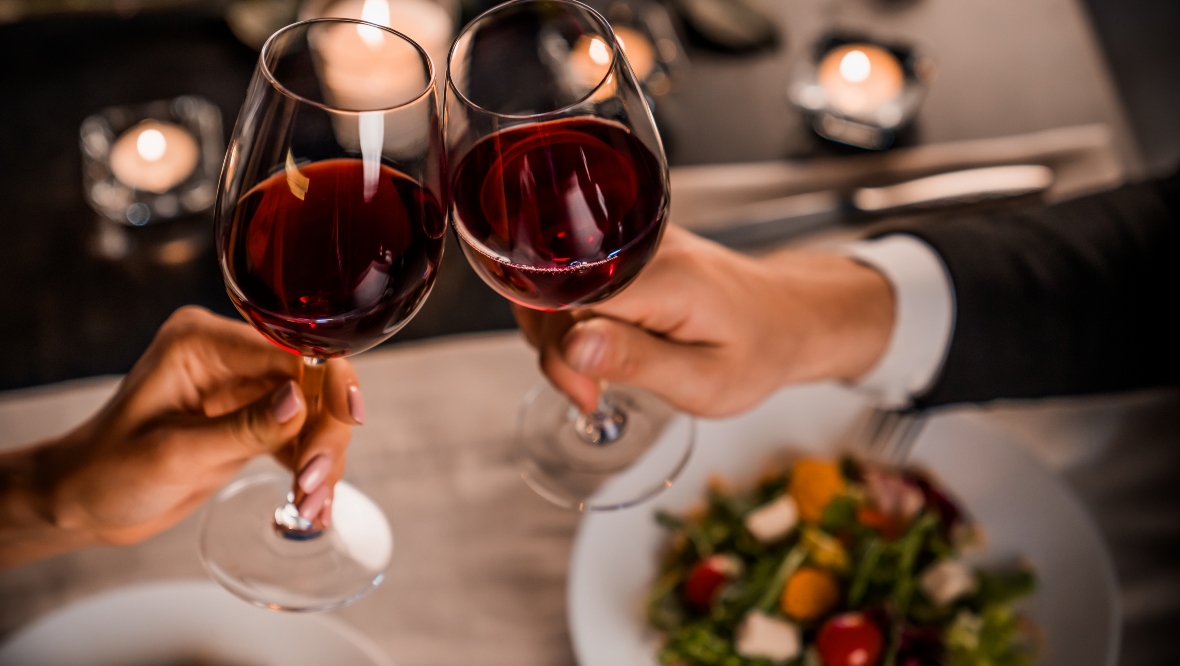 iStock
iStock





